The year 2025 stands as a pivotal moment for multilateralism. The world faces a multitude of urgent and interconnected challenges — escalating inequalities, climate change, and a widening financing gap for sustainable development. Tackling these issues requires bold, unified action, not a retreat into isolation or unilateral measures.
Three major global events present a unique chance to build a more equitable, inclusive, and sustainable world: the Fourth International Conference on Financing for Development (FfD4) in Seville (Spain), the 30th Conference of the Parties (COP30) to the United Nations Framework Convention on Climate Change (UNFCCC) in Belém (Brazil), and the G20 Summit in Johannesburg (South Africa). These gatherings must transcend business-as-usual approaches and deliver tangible progress.
A Critical Multilateral Moment
While trust in multilateral institutions is under strain, the need for dialogue and global cooperation has never been more pressing. It is essential to reaffirm that multilateralism, when pursued with ambition and action, remains the most effective framework for addressing shared global challenges and advancing collective interests.
We must build upon the successes of multilateral efforts, particularly the 2030 Agenda and the Paris Agreement. The FfD4, COP30, and G20 must act as milestones in a renewed global commitment to inclusiveness, sustainable development, and shared prosperity. Achieving this will require political will, inclusive participation, creative problem-solving, and an understanding of the unique challenges faced by different economies.
Addressing Inequality Through a Reformed Financial System
Income inequality is growing both within and between nations. Many developing countries are burdened by unsustainable debt, limited fiscal space, and barriers to equitable access to capital. As a result, essential services like health and education are forced to compete with rising interest rates.
This widening gap is not just a moral issue — it poses significant economic risks for everyone. The global financial system must be reformed to provide developing nations with a stronger voice, better representation, and more equitable access to resources.
We must push forward on debt relief initiatives, explore innovative financing options, and identify solutions to the high cost of capital that disproportionately affects developing countries. Under South Africa’s G20 Presidency, these issues are a top priority.
The FfD4 in Seville will be a key moment to secure commitments for stronger international financial cooperation, including better taxation of global wealth and externalities, improving domestic resource mobilization, and effectively utilizing Special Drawing Rights to boost sustainable development.
Ensuring a Just Transition to Climate-Resilient Development
For many developing nations, transitioning to climate-resilient economies is hindered by financial constraints and developmental challenges. This must change. At COP30 in Belém, held in the heart of the Amazon, we must ensure that climate finance commitments translate into real, actionable outcomes.
The success of COP30 will depend on bridging the gap between promises and actual delivery. Key milestones under the UNFCCC will include the submission of ambitious Nationally Determined Contributions (NDCs) by all countries and the Baku to Belém Roadmap, which aims to scale up climate financing for developing countries to at least $1.3 trillion per year by 2025.
We must significantly increase financing for climate adaptation, leverage private sector investment, and ensure multilateral development banks play a greater role in climate financing. FfD4 in Seville will complement these efforts by ensuring that climate finance does not undermine development objectives.
A Unified Global Response to Shared Challenges
As the world becomes increasingly fragmented, our efforts to find common ground must intensify. Seville, Belém, and Johannesburg must serve as pillars of multilateral cooperation, demonstrating that nations can unite around common goals.
In Seville, we will focus on mobilizing both public and private resources for sustainable development, recognizing that financial stability and climate action are interconnected. In Belém, we will join forces to safeguard our planet, and in Johannesburg, the G20 will reaffirm its commitment to inclusive economic growth.
As we approach 2025, we call on all nations, international institutions, the private sector, and civil society to rise to the occasion. Multilateralism can and must deliver — because the cost of failure is too high for the future of our planet and its people.

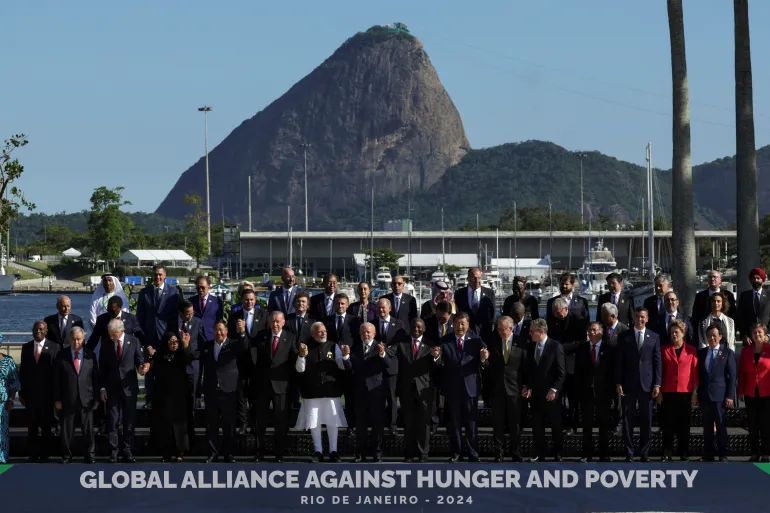


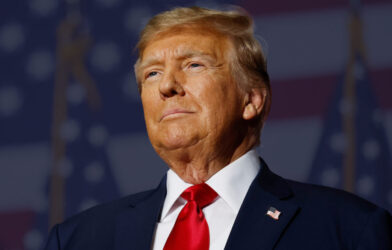
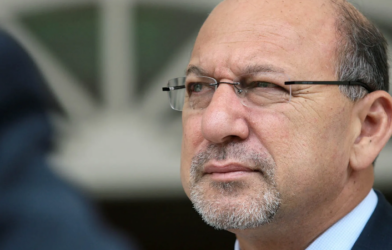
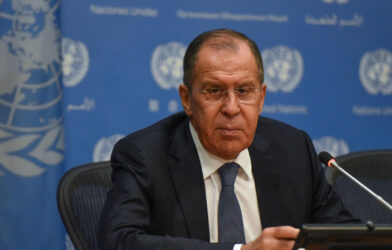

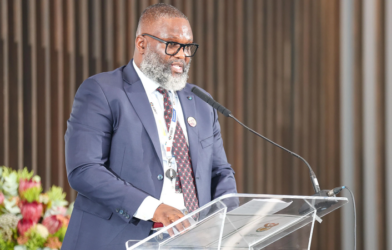
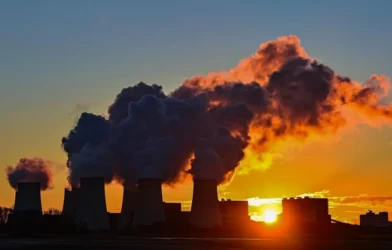
Comments are closed